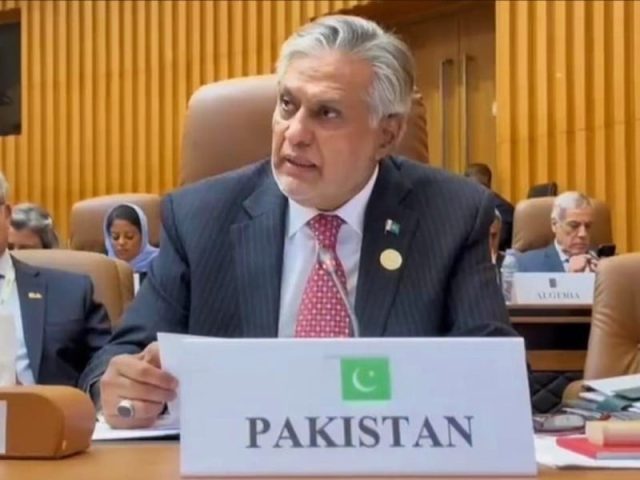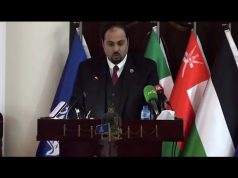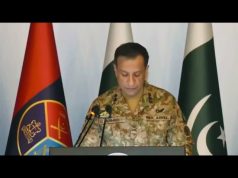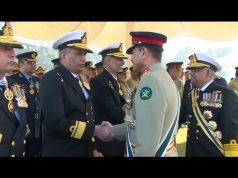ISLAMABAD, Monday, May 5, 2025 (WNP): Amid rising tensions in South Asia following the deadly April 22 attack in Indian-occupied Kashmir, Pakistan has formally requested an emergency session of the United Nations Security Council (UNSC), citing India’s aggressive posture and inflammatory rhetoric as a threat to regional and international peace.
Deputy Prime Minister and Foreign Minister Senator Muhammad Ishaq Dar on Sunday directed Pakistan’s Permanent Representative to the UN to take immediate steps for convening the session. According to the Foreign Office spokesperson, Pakistan intends to brief the Council on what it describes as India’s escalating provocations, including threats to the decades-old Indus Waters Treaty.
“India’s aggressive actions and provocative statements are not only destabilizing the region but are also endangering global peace and security,” the Foreign Office said in a statement.
The diplomatic move comes in the wake of India’s unilateral decision to “hold in abeyance” its obligations under the Indus Waters Treaty, a step Pakistan sees as a violation of international law and a further indication of India’s belligerence.
Meanwhile, Pakistan’s Ambassador to Moscow, Muhammad Khalid Jamali, reiterated Islamabad’s long-standing position that the root cause of regional instability lies in the unresolved Kashmir dispute. In an interview with Russian news agency TASS, Jamali urged the UNSC to uphold its resolutions guaranteeing the Kashmiri people their right to self-determination.
“This is the only path to permanent peace in the region,” Jamali said. He also welcomed the idea of a neutral investigation into the Pahalgam attack, dismissing India’s accusations as part of a recurring blame game. “It’s always easy to scapegoat without addressing the root causes,” he remarked.
On Monday afternoon, the UNSC is set to hold a closed-door emergency consultation on the deteriorating situation in South Asia, particularly in Jammu and Kashmir. Pakistan’s Ambassador to the UN, Asim Iftikhar Ahmad, is expected to address the media following the session.
Tensions between India and Pakistan have sharply escalated since the Pahalgam attack, which killed 26 people. India swiftly blamed Pakistan without presenting evidence and subsequently granted “operational freedom” to its military to retaliate. In response, Pakistan’s armed forces have warned of a “swift and resolute” reaction to any Indian misadventure.
Diplomatic sources say the flurry of engagements in international capitals underscores Islamabad’s determination to counter India’s narrative and prevent the conflict from spiraling out of control.
Ambassador Jamali also confirmed ongoing communication with Russia on regional stability. “Since the last meeting between President Vladimir Putin and Prime Minister Shehbaz Sharif in Astana, there have been multiple high-level exchanges,” he noted, adding that Pakistan views Russia as a key stakeholder in global diplomacy.
The ambassador expressed satisfaction with the security arrangements provided by Russian authorities for Pakistan’s embassy in Moscow, calling them “adequate and in line with the Vienna Convention.”
As the crisis unfolds, Pakistan is intensifying its diplomatic efforts to garner international support and reinforce its position that sustainable peace in South Asia hinges on resolving the Kashmir dispute in accordance with international law and UN resolutions.




